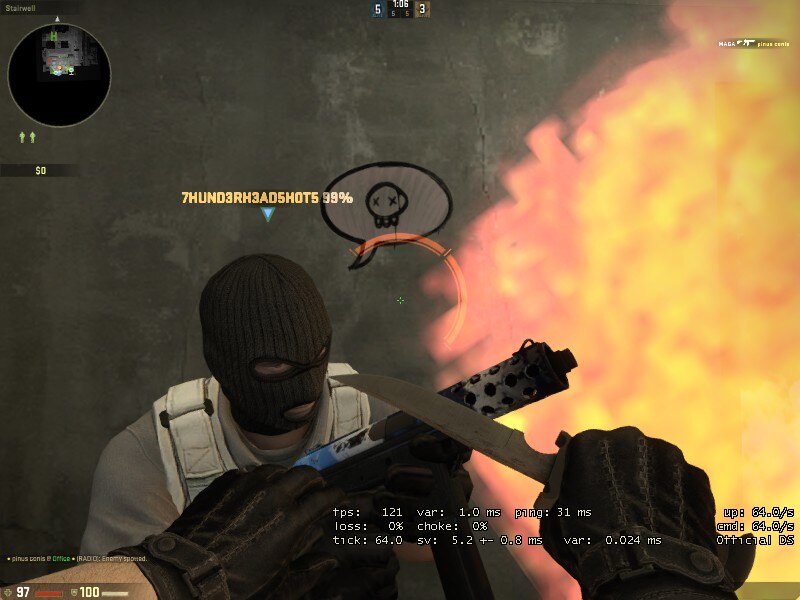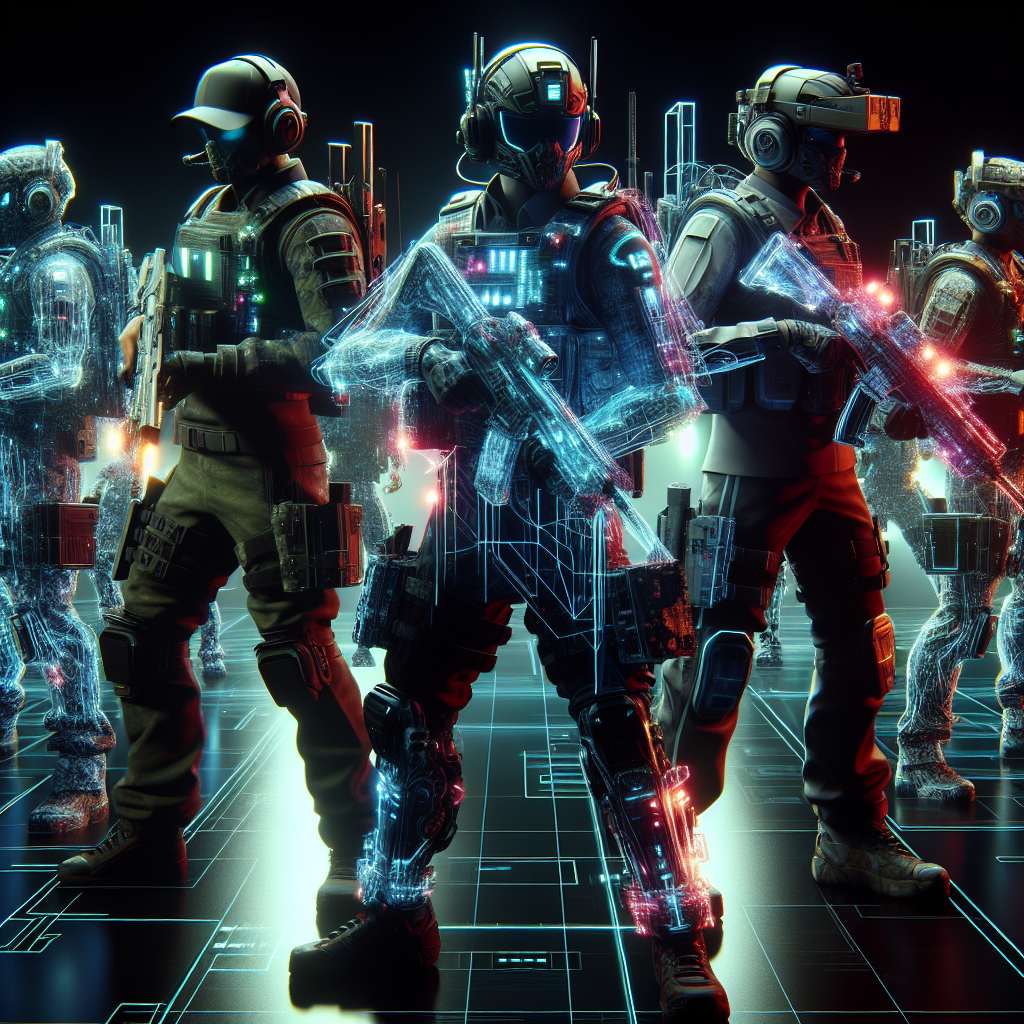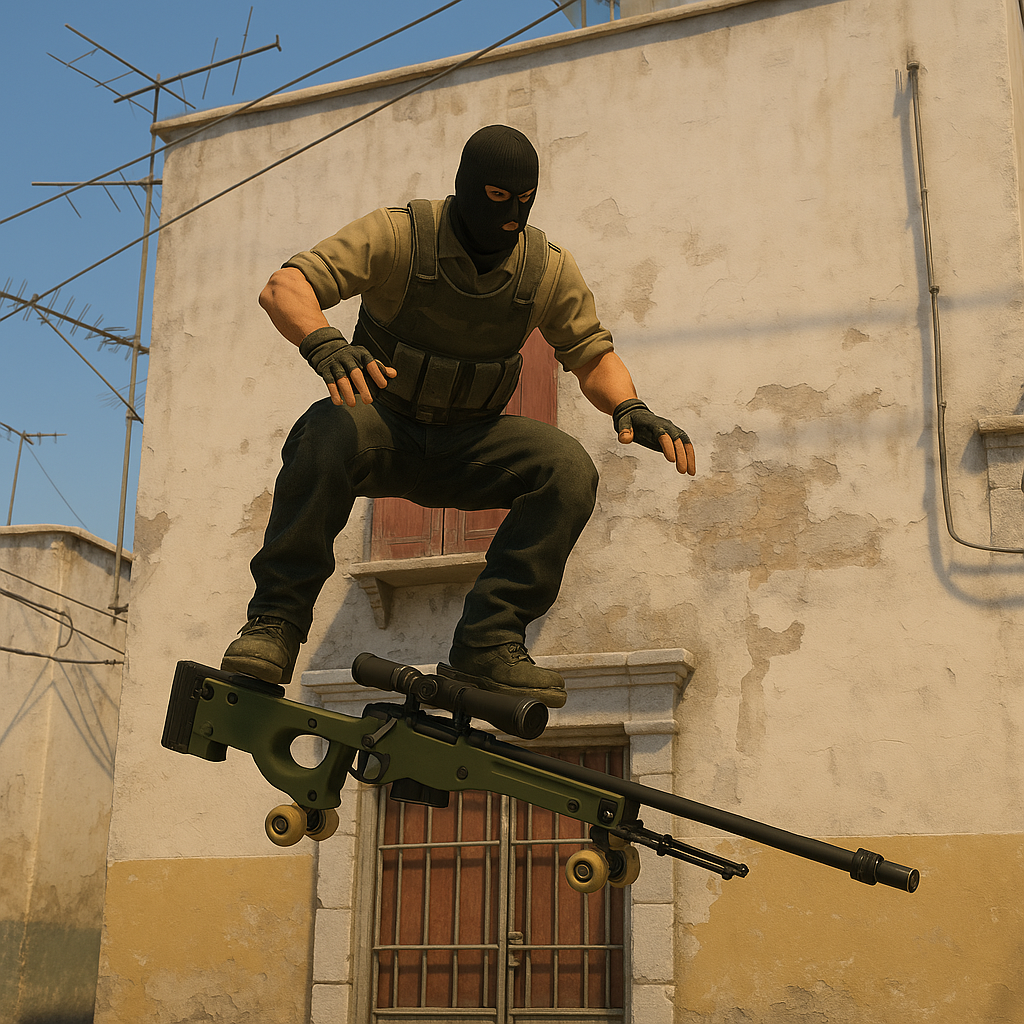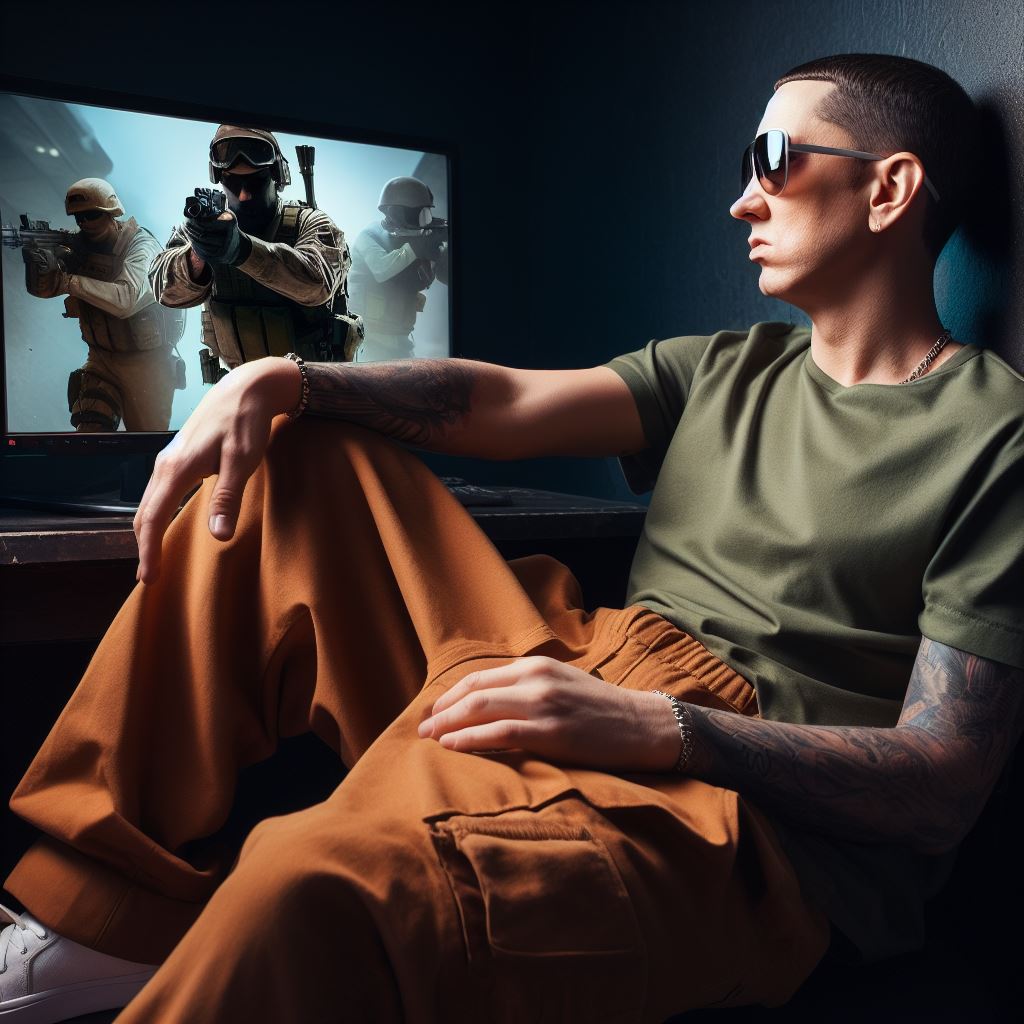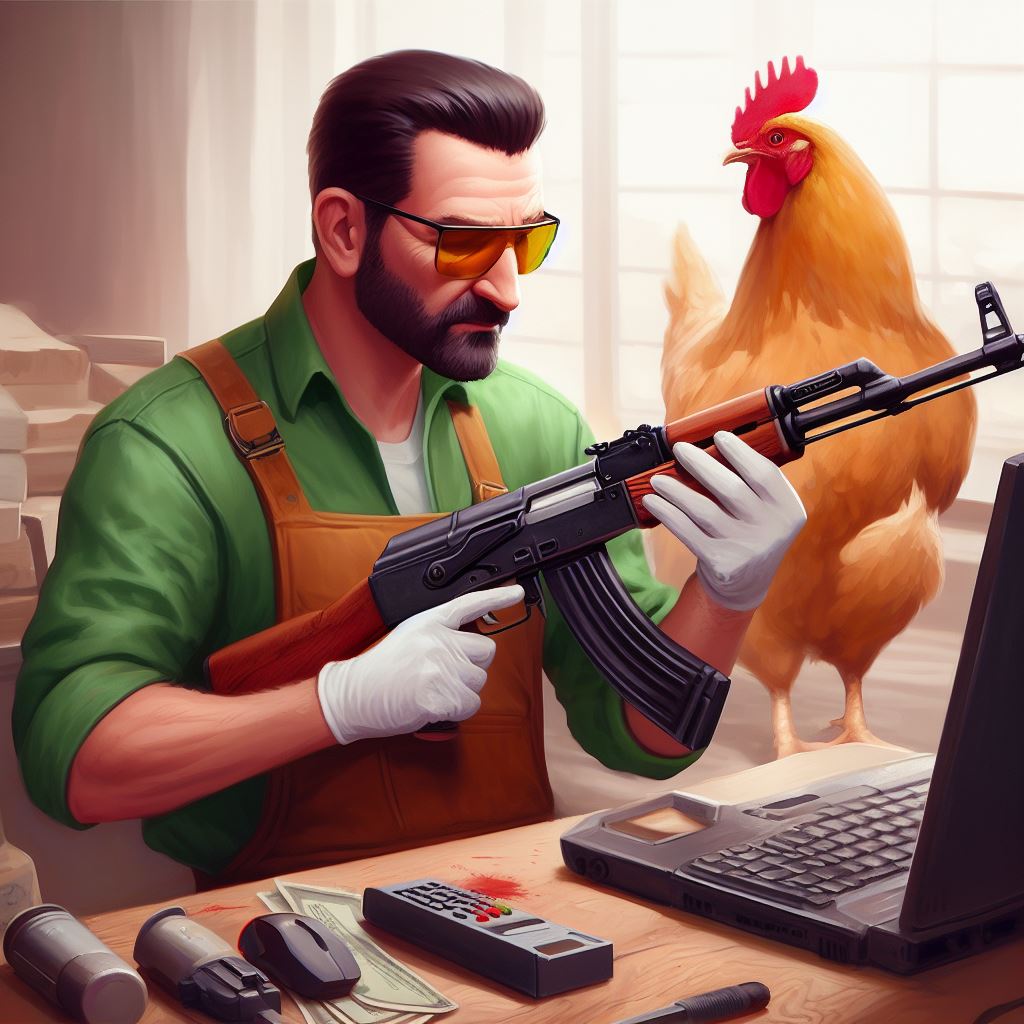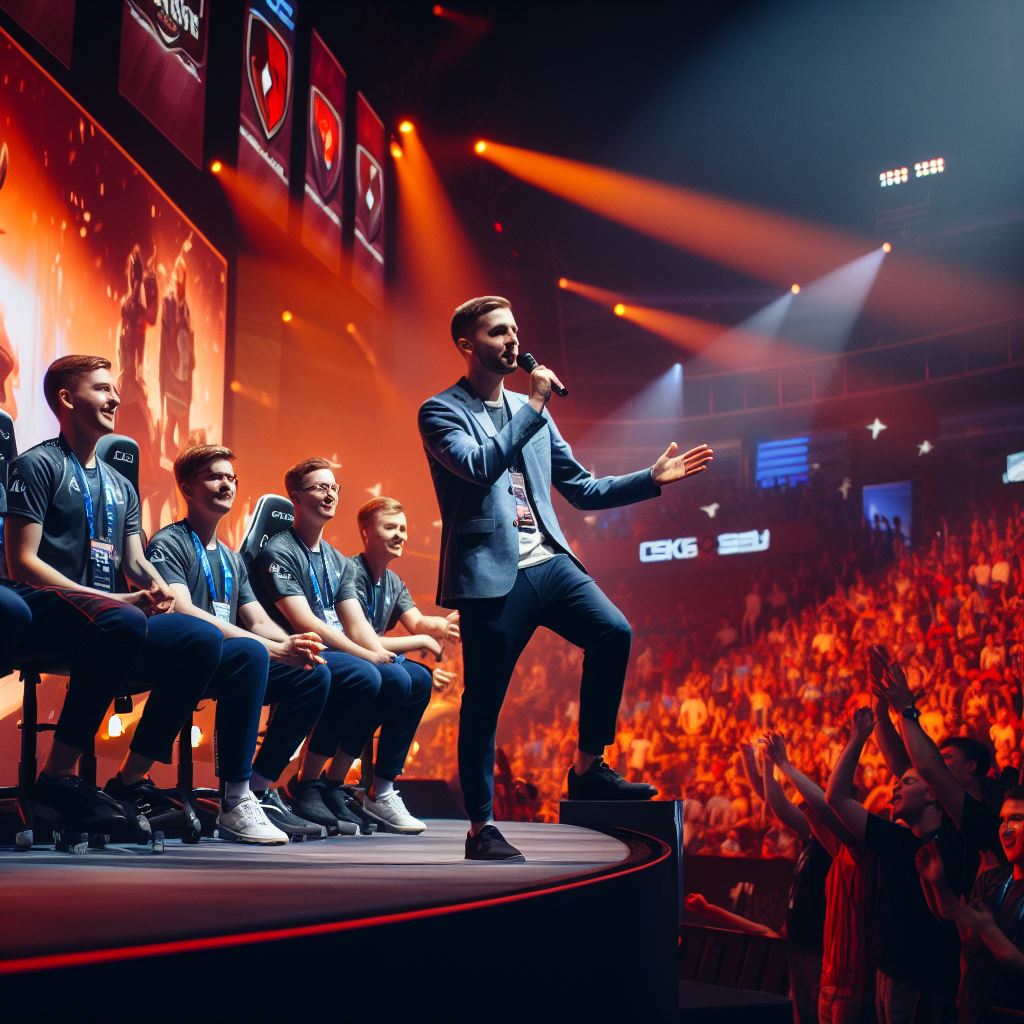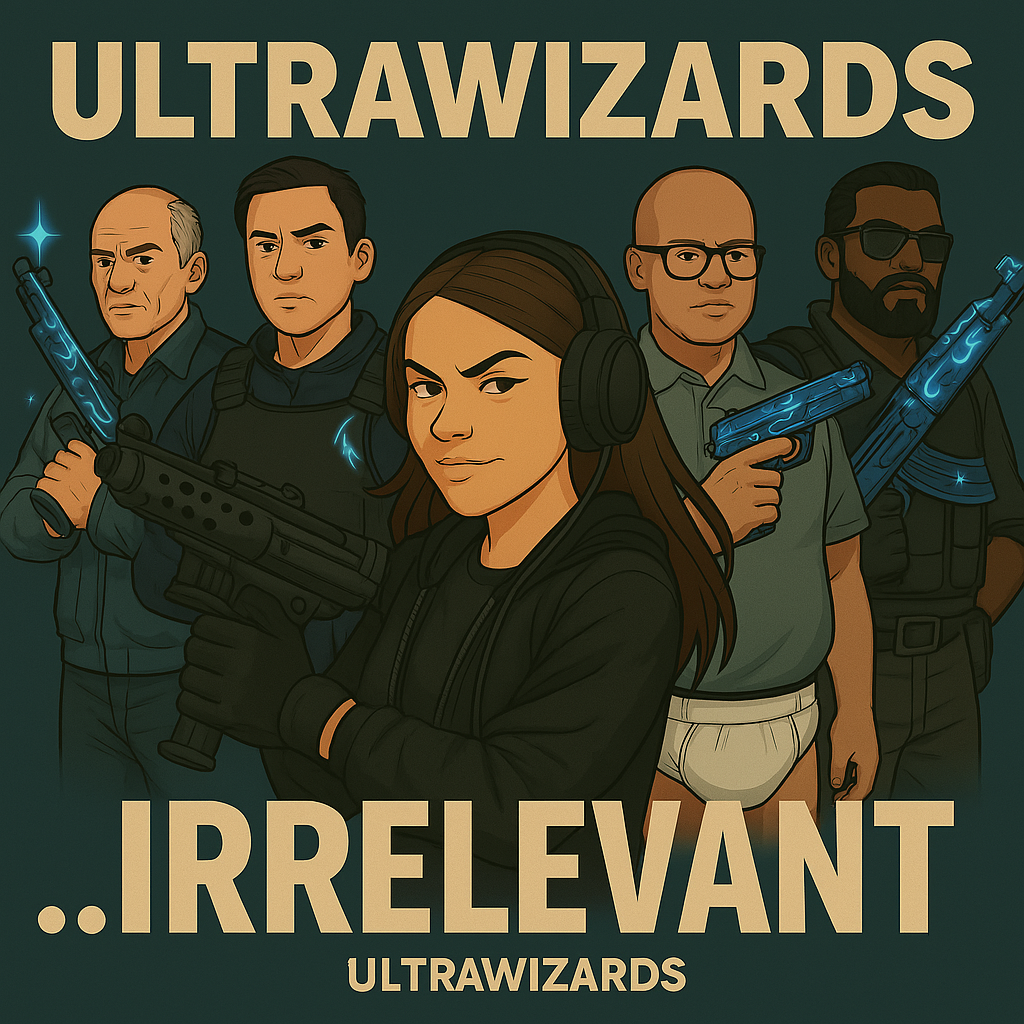The Tale of Betrayal in Counter-Strike
In the heart of a heated and competitive Counter-Strike match on the iconic Dust2 map, a tale unfolded that left a team in disbelief. The clash was intense, with both sides vying for supremacy, but there was one player who stood out among the rest—let's call him Old Ben.

Old Ben was a formidable force, known for his incredible aim and strategic prowess. He had carried the team through numerous rounds, consistently securing crucial kills and clutching rounds that seemed unwinnable. The team's victory in this match depended on his exceptional skills, and it was evident that the enemy team was struggling to counter him.
On the opposite end of the spectrum was a player named Daniel, who had been exhibiting a troublesome pattern throughout the match. Rather than contributing positively to the team's efforts, Daniel had displayed a penchant for baiting and griefing. His actions ranged from obstructing the movement of a teammate at critical moments, causing their demise, to other disruptive behavior that hindered the team's efforts. It seemed that Daniel's intention was not to win but to sabotage his own team.
As the match reached a critical juncture, the teams were neck and neck in rounds, and the tension was palpable. That's when Daniel hatched a sinister plan. Pretending to initiate a tactical timeout, he instead called for a kick-vote against Old Ben, the team's strongest player.
In the brief moments of confusion and chaos, a majority of the team mistakenly voted to kick Old Ben. In the blink of an eye, the strongest link in the team was expelled from the match, and victory was snatched from their grasp. The remaining players were left in shock, realizing they had been deceived by their own teammate.
Daniel's act of treachery led to a swift downfall for the team. Without their star player, they were unable to recover, and the opposing team seized the opportunity to secure the victory. The match ended with a sense of bitterness and frustration that lingered long after the final round.
This tale of a baiting and griefing anti-mate in Counter-Strike serves as a stark reminder of the importance of teamwork, communication, and fair play in competitive gaming. While moments of betrayal and sabotage may occur, the strength of a team often lies in its ability to overcome such challenges and persevere in the face of adversity.
We have with us Rodondo, a long-time team member who was a firsthand witness to the incident involving Old Ben and Daniel in that memorable Counter-Strike match on Dust2. This seasoned player has been an integral part of the team for years, and their perspective offers valuable insights into the dynamics and challenges faced in competitive gaming.
Interview with other Teammember
Jack (J): Thank you for joining us today. Can you tell us about the incident involving Old Ben and Daniel in the Counter-Strike match on Dust2?
Rodondo (R): Certainly. It was an intense match, and Old Ben was on fire. He'd been carrying the team with incredible plays, but it was clear that Daniel had other intentions.
J: How did Daniel's actions affect the team?
R: Well, initially, Daniel's disruptive behavior was subtle. He seemed to be intentionally blocking a teammate's movement during crucial moments. This led to our teammate getting killed in situations where they should have survived.
J: That's quite a disruptive move. But the turning point came when he initiated a kick-vote against Old Ben. Can you walk us through that moment?
R: Absolutely. It was a pivotal round, and we were all focused on making the right plays. Suddenly, Daniel called for a tactical timeout, which didn't seem unusual at first. But then, he initiated a vote to kick Old Ben, and before we realized what was happening, a majority of us had voted to kick him out.
J: That must have been a shock to the team. How did the team react to this sudden change?
R: It was chaotic. Old Ben had been our star player, and losing him was a massive blow to the team's morale. We were left disheartened and divided. We struggled to recover from the shock, and the match eventually slipped from our grasp.
J: What do you think motivated Daniel's actions?
R: It's hard to say for sure, but it seemed like he was more interested in causing chaos and disruption than in winning the match. Later, we heard that Daniel had been jealous of Old Ben's consistently high headshot percentage. That may have fueled his resentment and motivated his actions.
J: This incident serves as a cautionary tale about the importance of teamwork and sportsmanship in competitive gaming. What would you like to say to other players who might encounter similar situations?
R: Teamwork is the foundation of success in Counter-Strike and other team-based games. It's crucial to communicate, collaborate, and support your teammates. Acts of betrayal and disruption not only harm your team but also tarnish the spirit of the game. It's essential to prioritize fair play and a positive gaming experience for everyone involved.
J: Thank you for sharing your insights on this unfortunate incident. We hope that this interview can raise awareness about the importance of good sportsmanship in the gaming community.
R: Thank you for having me, and I hope that this story can serve as a lesson for all gamers out there. Jealousy and resentment should never drive actions that harm your team and the gaming community as a whole.

